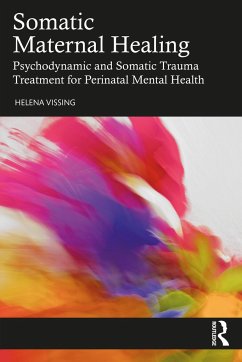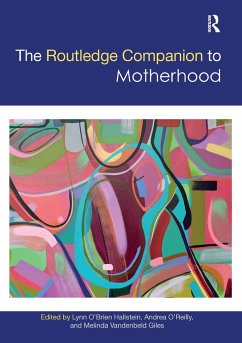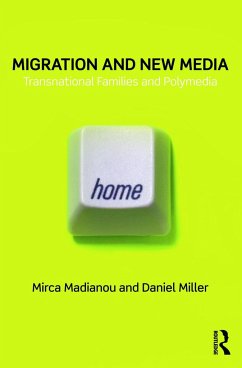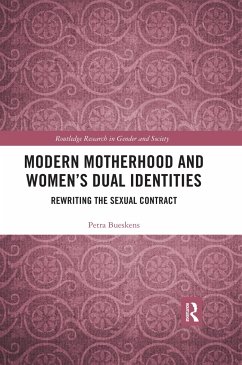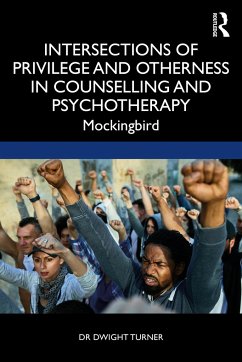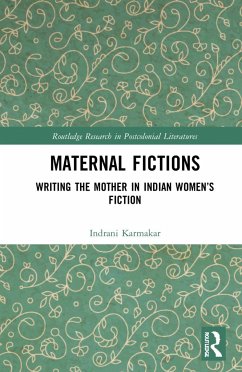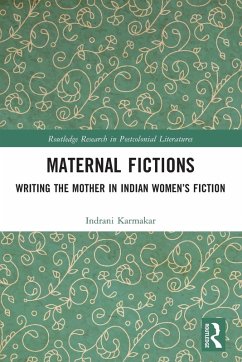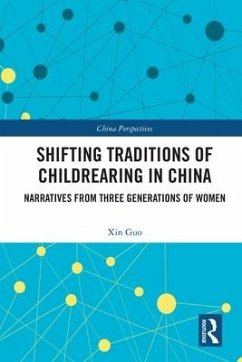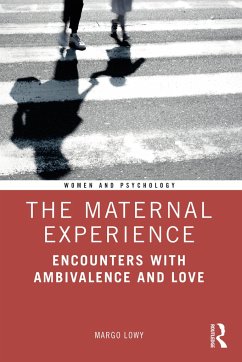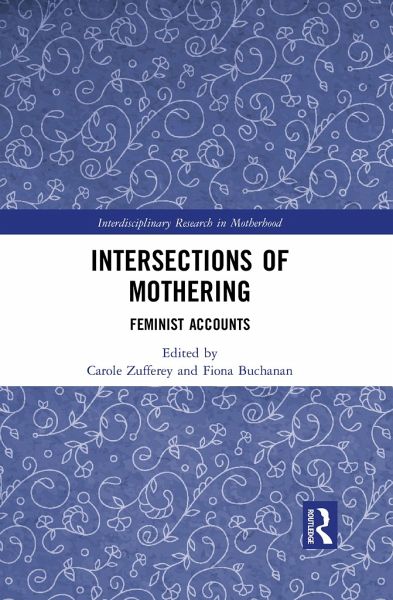
Intersections of Mothering
Feminist Accounts
Herausgegeben: Zufferey, Carole; Buchanan, Fiona
Versandkostenfrei!
Versandfertig in 6-10 Tagen
46,99 €
inkl. MwSt.
Weitere Ausgaben:

PAYBACK Punkte
23 °P sammeln!
This book presents new interdisciplinary and intersectional research about women as mothers, highlighting that alternative accounts of mothering can challenge normative societal assumptions and broaden understandings of women as mothers, mothering and motherhoods.Mothering occurs within unequal power relations associated with the disadvantages and privileges of an unjust and patriarchal society. Social inequalities associated with gender, race, class, age, ability, sexuality, violence and nationalism intersect in the lives of women as mothers, to shape their lived experiences and perspectives ...
This book presents new interdisciplinary and intersectional research about women as mothers, highlighting that alternative accounts of mothering can challenge normative societal assumptions and broaden understandings of women as mothers, mothering and motherhoods.
Mothering occurs within unequal power relations associated with the disadvantages and privileges of an unjust and patriarchal society. Social inequalities associated with gender, race, class, age, ability, sexuality, violence and nationalism intersect in the lives of women as mothers, to shape their lived experiences and perspectives on mothering. Showcasing the breadth and depth of feminist research on mothering, this book gives attention to the diversity of ways in which mothering is constructed and responded to as well as how mothering is experienced. Drawing on intersectional feminist thought, the book challenges normative visions of 'good mothering' and interrogates constructs of 'bad mothering'. It brings together insights from multidisciplinary scholars who use feminist approaches in their research on mothering, to inform policy development and practice when working with women as mothers in diverse circumstances. Intersections of Mothering highlights the complexities of mothering in a contemporary world, show the benefits of considering mothering through an intersectional feminist lens, make visible lived experiences of mothers and provides challenges to dominant imaginings of and service responses to women as mothers.
Intersections of Mothering will be essential reading for interdisciplinary scholars and students in criminology, gender and women's studies, motherhood studies, social welfare, social work, social policy and public health policy, in addition to practitioners and policy workers that respond to women as mothers.
Mothering occurs within unequal power relations associated with the disadvantages and privileges of an unjust and patriarchal society. Social inequalities associated with gender, race, class, age, ability, sexuality, violence and nationalism intersect in the lives of women as mothers, to shape their lived experiences and perspectives on mothering. Showcasing the breadth and depth of feminist research on mothering, this book gives attention to the diversity of ways in which mothering is constructed and responded to as well as how mothering is experienced. Drawing on intersectional feminist thought, the book challenges normative visions of 'good mothering' and interrogates constructs of 'bad mothering'. It brings together insights from multidisciplinary scholars who use feminist approaches in their research on mothering, to inform policy development and practice when working with women as mothers in diverse circumstances. Intersections of Mothering highlights the complexities of mothering in a contemporary world, show the benefits of considering mothering through an intersectional feminist lens, make visible lived experiences of mothers and provides challenges to dominant imaginings of and service responses to women as mothers.
Intersections of Mothering will be essential reading for interdisciplinary scholars and students in criminology, gender and women's studies, motherhood studies, social welfare, social work, social policy and public health policy, in addition to practitioners and policy workers that respond to women as mothers.





